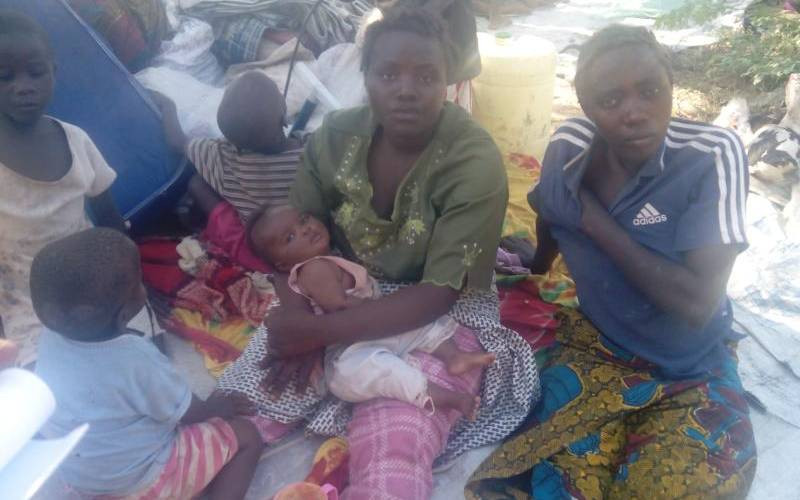×
The Standard e-Paper
Kenya’s Boldest Voice

An Intergovernmental Steering Committee has been formed to develop Kenya's Marshall Plan for refugees.
The committee, which is coordinated by Cabinet Secretary for Interior Kithure Kindiki, is expected to come up with structures and plans to solve the refugee crisis in the country and reduce over-reliance on humanitarian aid.